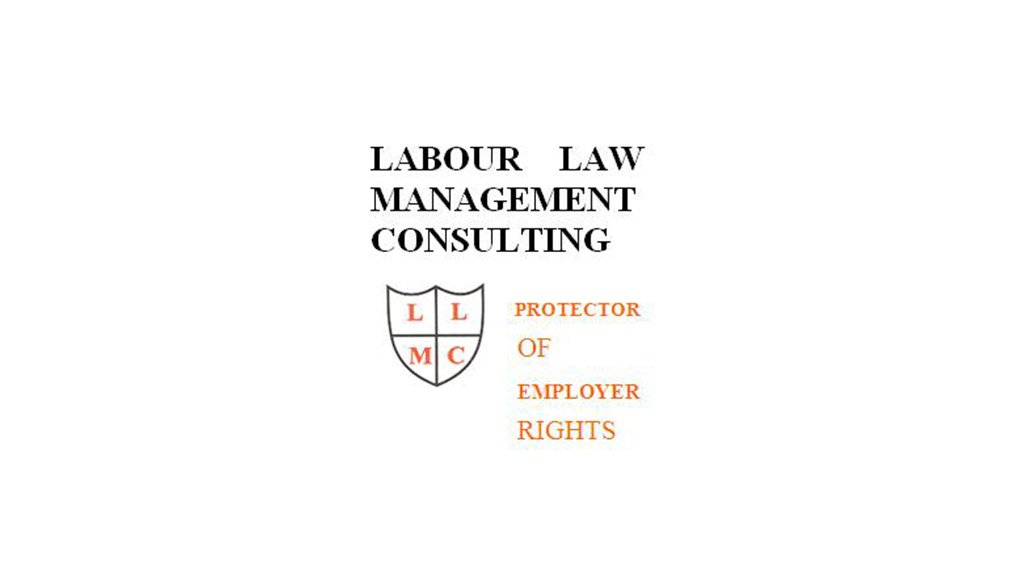Later in 2014 the President of South Africa will pass into law new legislation with far reaching significance for employers. These major amendments are expected to increase the already powerful stranglehold that legislation has on productive business management and employment creation.
The new Labour Relations Act (LRA) effective from 1996 together with the numerous statutory amendments and innovations that followed have drastically increased the legal obligations of employers, increased the rights of employees and severely hampered business flexibility. These changes made over the past 118 years included, amongst others, the following:
- It is now very much easier for unions to achieve recognition by employers
- Employees, even if not unionised, are entitled in certain circumstances to go on strike in protest against retrenchments and to insist that a CCMA facilitator participate in retrenchment processes
- The delay period between the date that retrenchment becomes necessary and the date when the employer is allowed to implement retrenchment has been extended in certain circumstances
- It is an automatically unfair dismissal for an employer to terminate the employment of any employee for any reason related to the transfer of a business (or any part/service of a business) as a going concern
- Where the employee has a reasonable expectation of renewal of a fixed-term contract the employer’s failure to renew it can be seen as an unfair dismissal
- Where the employee alleges unfair dismissal the employer has the legal onus of proving that the dismissal was fair. That is, once the employee has proved that the dismissal occurred, the employer is considered guilty of unfair dismissal until it proves itself innocent
- Even where the employer is not aware as to what specifically the employee is alleging was unfair about the dismissal the employer is required to present its case first at arbitration and in Labour Court
- It is the company and not the actual perpetrator of sexual harassment who gets sued in the Labour Court.
In addition to the above and other draconian legislation implemented by statute in past years labour law has and is still in the process of being changed via case law. That is, the courts and arbitrators are constantly making decisions that have the effect of moving the goalposts and this is more often than not to the detriment of the employer. That is, these decisions too frequently conflict with each other so causing major confusion amongst employers who have become all the more unsure as to what they are and are not allowed to do. In addition, case law too often produces decisions that further erode the already minimal rights held by employers. Such case law includes, for example:
- Findings that employees are not always restricted to being represented at disciplinary hearings by fellow employees and can be entitled to bring external representatives such as trade union officials and lawyers into internal disciplinary hearings
- The Constitutional Court has given the CCMA license to reinstate employees with long service who have committed gross misconduct
- Some judges/arbitrators believe that employees are entitled to a hearing before being placed on a precautionary suspension pending an disciplinary hearing
- A person attains the legal status of an employee even before the scheduled start date of his/her employment where the conclusion of the employment agreement pre-dates the appointment date.
As if the above is not enough to scare potential employers off from starting up businesses or expanding their workforces, the new laws mentioned above will severely tighten the legislation allowing the use of labour brokers, fixed-term contracts and the use of external contractors.
Employers also need to be aware of the arrival in 2012 of a new and highly significant code of practice for Commissioners who preside over misconduct hearings.
Written by Ivan Israelstam, Chief Executive of Labour Law Management Consulting. He may be contacted at e-mail address: ivan@labourlawadvice.co.za
First published on SA Labour Guide
EMAIL THIS ARTICLE SAVE THIS ARTICLE
To subscribe email subscriptions@creamermedia.co.za or click here
To advertise email advertising@creamermedia.co.za or click here











